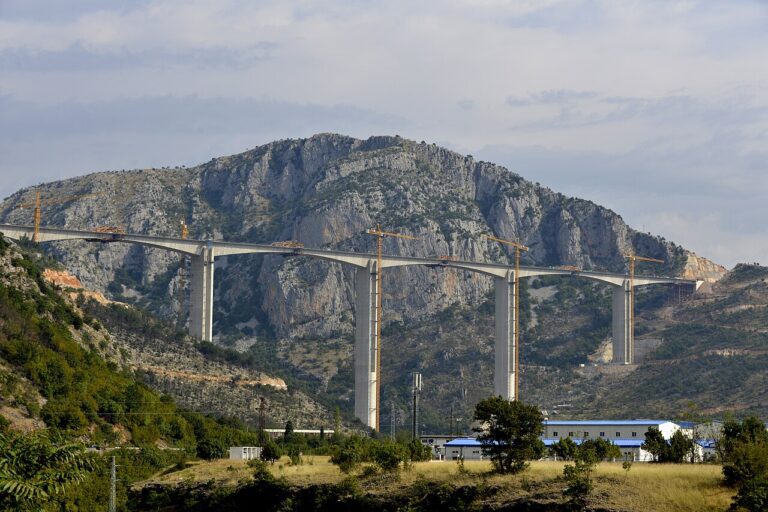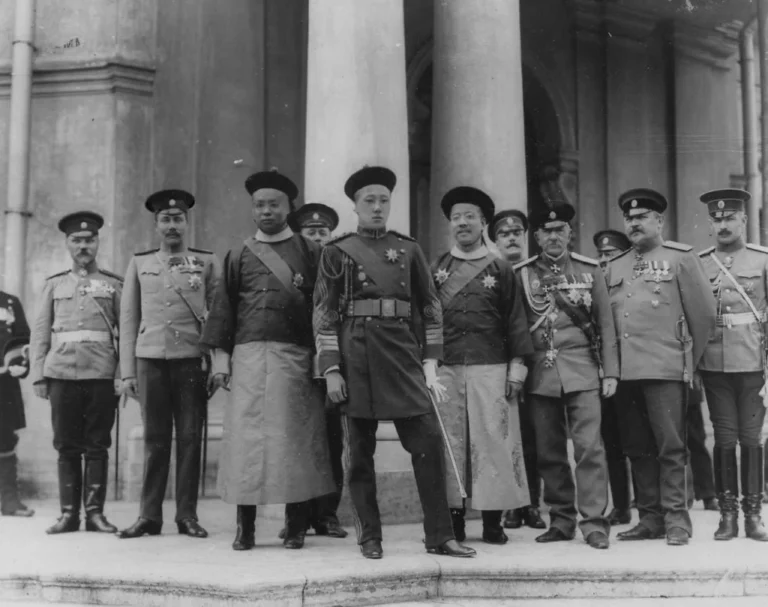
Xi Jinping, the General Secretary of the Chinese Communist Party (CCP) better known in the West for his ancillary position as the president of People’s Republic of China (PRC), will replace China’s prime minister Li Keqiang as a host of the upcoming 17+1 annual summit with the leaders of Central and Eastern European (CEE) countries.
This step has been widely interpreted as a Chinese attempt at increasing engagement with Europe, predominantly of the divide-and-rule sort. Unsurprisingly, a dutifully worried response from the western European commentariat followed suit. However, little thought has been given to what the implications are for the CEE countries, apart from repeating tired clichés about poor countries eager to improve their ties with China (courtesy of Renmin University’s Wang Yiwei).
From the vantage point of the diplomatic protocol, the Xi-for-Li swap can certainly be interpreted as moving the summit’s importance one level higher. However, this largely symbolical change can have an adverse impact on the actual quality of CEE-China relations.
It is because the diplomatic protocol also dictates that foreign representatives in corresponding positions must be invited to the upcoming April summit in Beijing. Since most heads of states in CEE are largely ceremonial functions with almost no executive powers, they will hardly be in the position to lead substantial discussions with Xi Jinping.
Since the establishment of the (then) 16+1 platform in 2012, China has tried to increase the importance of this “multilateral win-win mode of cooperation” in numerous ways. However, investment and trade opportunities remained scarce and people-to-people exchanges amounted to little beyond photo-ops. Thus, the only other way of boosting the platform’s importance was for China to gradually reduce bilateral exchanges with individual countries and to not-so-subtly push CEE’s diplomatic corps towards a platform-based way of cooperation. This effectively led to reduction of CEE politicians’ access to their Chinese counterparts.
Chinese led multilateralism means in practical terms attending roundtables with a diverse group of participants (hint: waste of time), tirelessly explaining the nuances and differences to the Chinese coordinators or glossing over repeated misunderstandings of various legal systems. The level of interest a Polish representative has in Romanian smart cities initiative or the excitement of the understaffed Bosnian embassy during a Lithuanian FinTech presentation is close to the temperature at which water freezes over.
In these circumstances, the annual 17+1 summits have become one of the few occasions, at which heads of CEE governments could directly communicate with China’s prime minister and his entourage. The summits were not only used to exchange formalities; CEE’s leaders often pressed for conducting bilateral discussions in the areas of trade, infrastructure, and investments. Among those, Bulgarian prime minister Boyko Borisov’s request towards Li Keqiang at the Sofia 2018 summit for more Chinese infrastructure investment in the country stands out for its unashamed bluntness. Other prime ministers were also keen to report back to their home audiences about the successes of their meetings with Chinese politicians.
Admittedly, these meetings were kept to a maximum of 15 minutes (inclusive of time for interpreting) and the scene resembled a startup accelerator rather than a diplomatic meeting: After a long wait in the 17-strong queue, a CEE prime minister’s time was limited to an elevator pitch, which was usually met with a lukewarm response of the Chinese investor, that is, prime minister Li. Alas, the Chinese side has made little effort to hide power asymmetry behind an elaborate veil of diplomatic formalities.
Now that Xi Jinping takes over, prime ministers do not even get invited. One of the most important communication channels with China is shut down for them. Instead, a head of state, often not representing the governing coalition, will get to chat with China’s president. Xi Jinping may have wanted to elevate the relationships with these countries. He might very well be achieving the opposite with this move.
There is a chance, however, that this change is not permanent. If other forms of South-South cooperation – as the Chinese like to describe their engagement with CEE partners in an astonishing defiance of geography – provide any guidance, then we should expect things to revert to normal after April. Forum on China–Africa Cooperation (FOCAC) is hosted by the Chinese president when the summit takes place in Beijing, otherwise China is mostly represented by its prime minister. Since this is the first time 17+1 summit moves to Beijing, Xi Jinping naturally becomes the host. Chances are that prime minister Li Keqiang will be back at the steering wheel for the next round.
China should already understand that in order to keep CEE countries engaged, she better tones down on counterproductive diplomatic symbolism and focuses on delivering on its promises. The first step has been done: unlike other “South-South” partnerships, the 17+1 platform has so far been spared of the “community of shared destiny” language. To build on this success, as a next step China should organize bilateral meetings with actual decision makers instead of ceremonial figures.
Written by
Martin Šebeňa
MartinSebenaMartin Šebeňa is a PhD candidate at The University of Hong Kong and a Research Fellow at the Central European Institute of Asian Studies, a think tank based in Slovakia.


